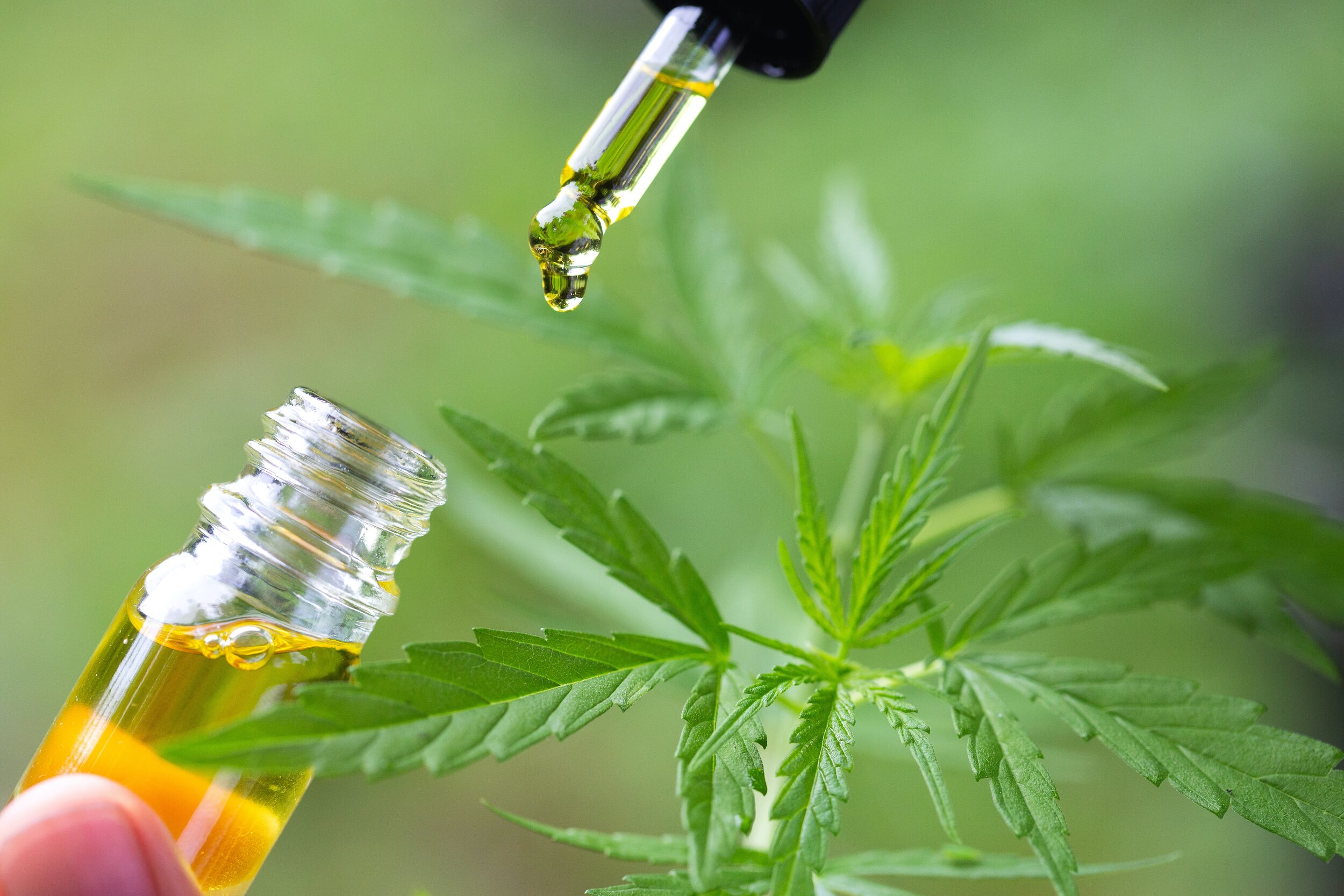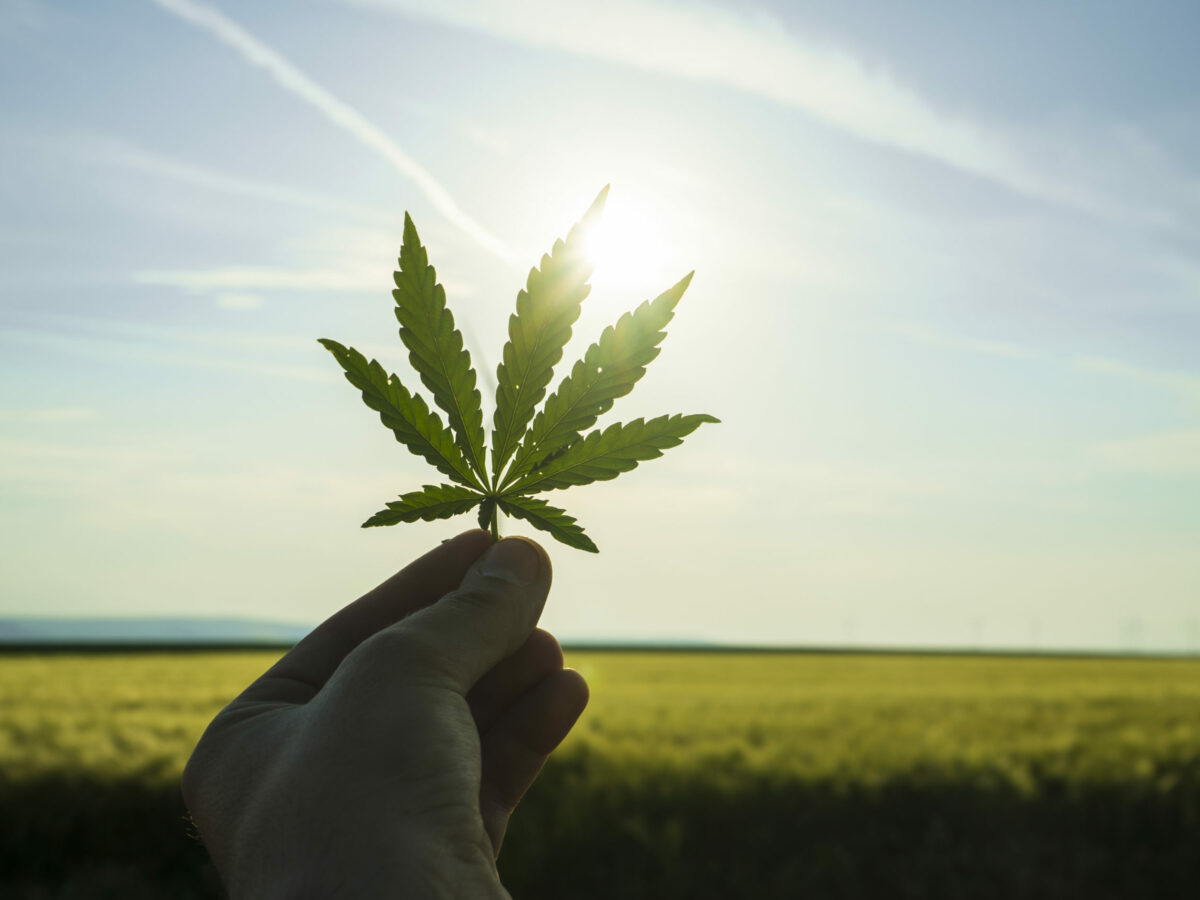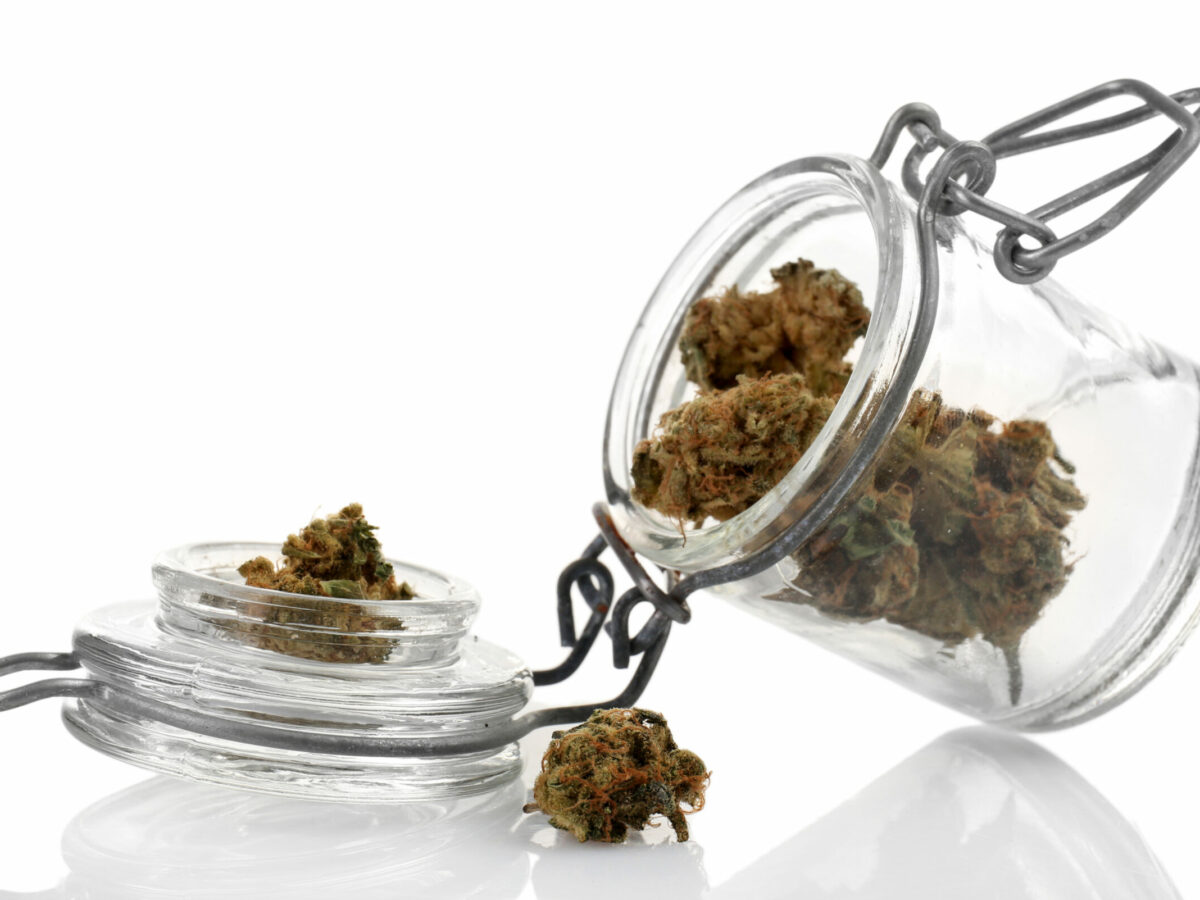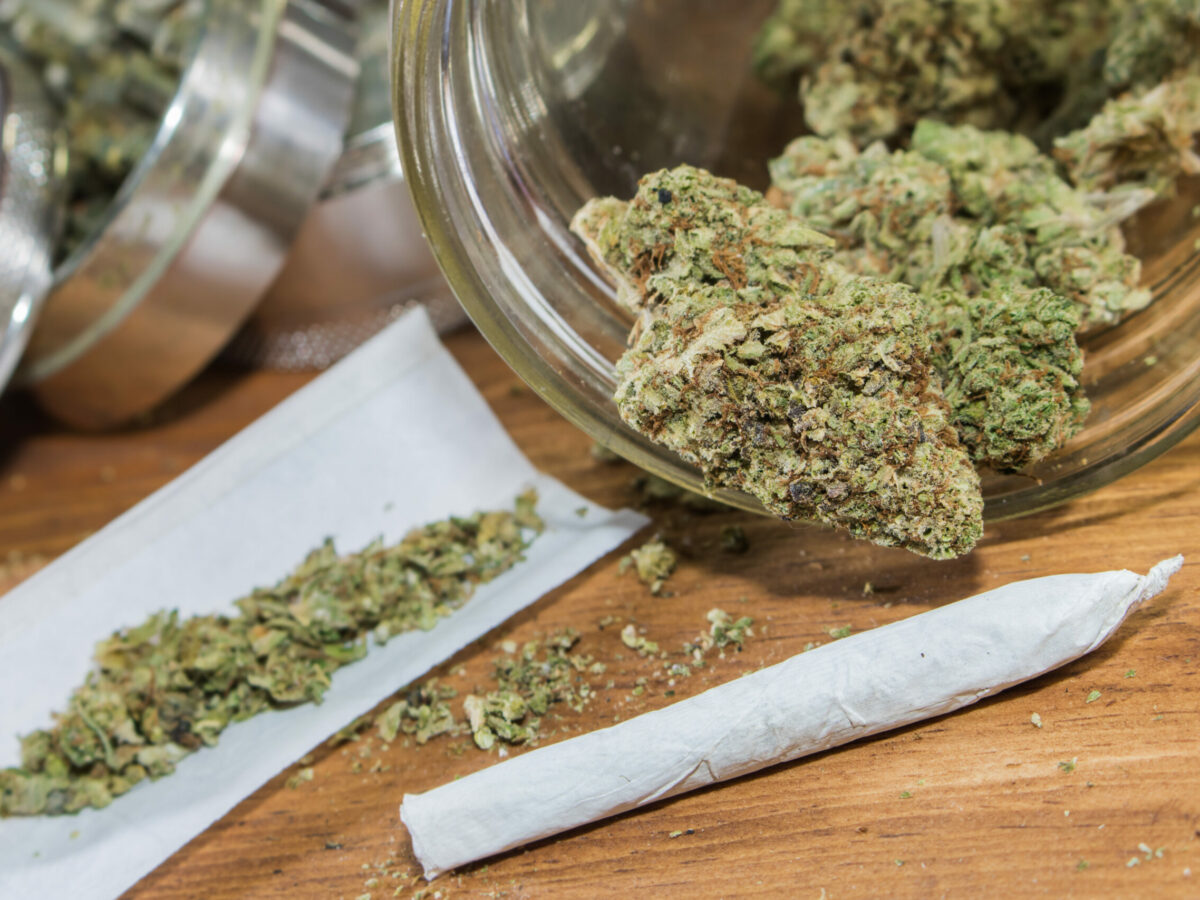Experts advised a panel of Maryland lawmakers on Wednesday to prioritize public health education on cannabis and to prevent large companies from shaping regulations if and when the state opts to legalize the plant.
“I think we’re in this public health experiment which is still in its very early stages, especially related to high-potency products, mass media campaigns that are pushing for the safety of cannabis, commercialization, and the involvement of Big Cannabis,” said Dr. Sarah Weiss, a division director with the National Institute on Drug Abuse.
Weiss was speaking at the second meeting of the Maryland House of Delegates’ Legalization Workgroup. The panel of 10 legislators, formed this summer by House Speaker Adrienne Jones, gathered virtually to discuss the health determinants of cannabis. They also heard from Dr. Patricia Frye, medical director of Takoma Park Integrative Care and an affiliate professor of cannabis science at the University of Maryland School of Pharmacy, and Taylor Kasky, director of policy and government affairs for the Maryland Medical Cannabis Commission (MMCC).
The session offered a primer for lawmakers on cannabis, breaking down the history of the plant’s medical use, the body’s endocannabinoid system and usage trends among various age groups. Workgroup Chair Del. Luke Clippinger (D-Baltimore) noted he has never used cannabis, drawing laughter from known legalization proponent Del. David Moon. Legislators came prepared with questions about product labeling and the collection of public health data.
Experts focused on the well-documented trend of rising potency of cannabis products. Weiss said that as THC levels have continued to rise in products, ratios of CBD — which can counteract the psychoactive effects of THC — have not kept pace. Frye observed that since Maryland’s medical cannabis program launched in late 2017, patients have struggled to find flower strains with high concentrations of CBD: “I guess they don’t sell the way the high-THC varietals do.”
Frye, whose alternative medicine practice includes a specialty in cannabis, said she feels “very strongly that the products that are appropriate for medical patients cannot be overrun by what adult users are seeking.”
Weiss said she worries that differing state regulations and the influence of large cannabis companies on legislators could foster a profit-driven environment that promotes high-potency products and youth use. She cited the influence of Big Tobacco and the alcohol industry in legal markets, including Canada. “You need to keep that in mind in terms of who is making the decisions for what the regulations should be.”
Both doctors acknowledged federal data show usage rates have remained stable among teens (and have even fallen among certain groups) since Colorado and Washington legalized adult use in 2012. Data from one survey by the U.S. Centers for Disease Control and Prevention (CDC) shows that the share of 9th to 12th-graders who report having used cannabis dropped by roughly 10 percentage points from 1997 through 2019.
Still, Weiss said some studies about adolescent brain development have found that “the earlier someone starts, the more frequently they use and the longer they use, the greater the likelihood of [negative] effects.” She noted that other factors, like exposure to trauma and the use of other substances, can also affect youth brain development.
“The bottom line to me at this point is that the risks to some are very serious, not to all, but to some,” particularly pregnant women and youth, she said.
Kasky, of the MMCC, addressed concerns about intoxicated driving. She said that while Colorado and Washington have logged increases in the number of drivers involved in fatal crashes who tested positive for THC, studies have not established a causal link between cannabis legalization and increased accident rates. Furthermore, she said, drug screens after crashes became more common after both states legalized adult use.
She recommended Maryland focus on minimizing risks ahead of time by allocating funds for improved data collection, implementing potency restrictions for adult-use products, imposing significant penalties for sales to minors and creating strong public education and prevention campaigns, among other steps.
After a push by advocates for adult-use legalization in Maryland fell flat this past spring, legislative leaders have expressed confidence that the state will join the 18 states plus the District of Columbia that now permit recreational use. That could manifest in two ways: through a framework advanced by the General Assembly or a ballot measure that would go before voters next November.
Annual polls by Goucher College have consistently found a majority of Marylanders support legalizing cannabis, with the share in favor rising to 66% as of this past March.



